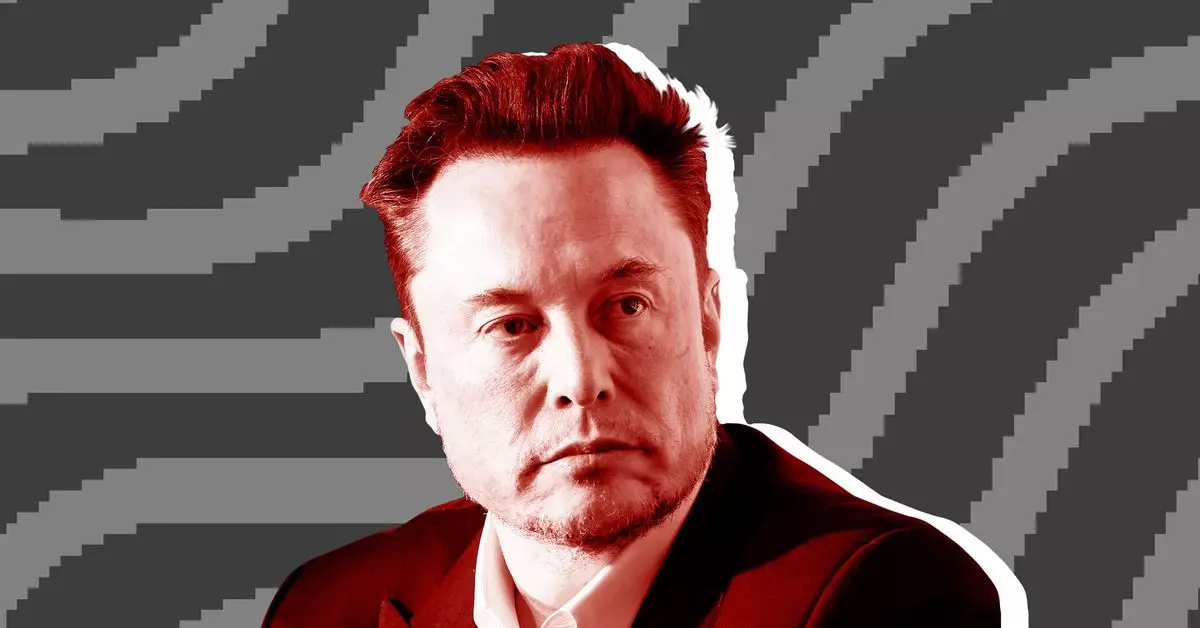The announcement of the Department of Government Efficiency (DOGE), a new initiative by President-elect Donald Trump, has sent ripples through the political and economic landscape of the United States. Appointing high-profile individuals like Elon Musk and Vivek Ramaswamy to lead this body implies a radical shift toward restructuring governmental operations. But the implications of such appointments raise questions about practicality, effectiveness, and the potential impact on American governance.
The DOGE aims to “dismantle Government Bureaucracy,” slashing excessive regulations and cutting wasteful spending, a goal that has long been a rallying point for many Republican politicians. This lofty ambition fuels a narrative around efficiency that is more aligned with Musk’s entrepreneurial spirit than typical governmental processes. In Trump’s announcement, he mentioned that Musk and Ramaswamy would guide this initiative from an “outside of Government” standpoint, suggesting a model that advocates for innovation and disruption, traits epitomized by Musk’s businesses.
Yet, such an approach raises serious concerns. While the intention to create a more efficient government is commendable, the question remains: how can individuals with backgrounds in entrepreneurship and technology navigate the complex terrain of governmental regulations and structures? This partnership may provide a fresh perspective, yet it risks oversimplifying systemic issues that have taken decades—if not centuries—to evolve and adapt.
Elon Musk has purportedly suggested reducing government spending by $2 trillion, a figure that raises eyebrows across the political spectrum. Critics assert that such drastic cuts would be virtually impossible to implement, particularly if Musk’s plan involves touching sensitive sectors such as defense and Social Security. These domains already face immense scrutiny, and any proposed changes would lead to political backlash, public dissent, and a challenging path ahead for Musk and Ramaswamy.
Moreover, acknowledging that these fiscal cuts could incur “severe short-term financial impacts” illustrates a significant oversight in planning. Such cuts could destabilize essential public services and economic support systems crucial to millions of Americans. A successful reformation requires a delicate balance—cutting waste while preserving the core functions of government that ensure public welfare.
Trump’s statement reflects a broader narrative of government inefficiency that resonates with his base. However, it also poses a paradox. By establishing leaders from the technology and business sectors, the initiative suggests that innovation and market-driven strategies can solve pervasive governmental issues. This assumption may inadvertently pit entrepreneurs against established bureaucratic entities, galvanizing existing tensions within the political framework.
Furthermore, the fact that Dogecoin’s value surged following the election results hints at the cryptocurrency’s ability to influence public sentiment regarding government operations. Musk’s ties to digital currencies raise further questions about the intersection of financial markets and government reform. In an era where cryptocurrencies are increasingly scrutinized for their volatility and regulatory challenges, the implications of linking a governmental initiative to such a platform could compromise the credibility of DOGE.
As the Department of Government Efficiency prepares to embark on its ambitious agenda, it is crucial for stakeholders to critically evaluate its potential effects on existing systems. The goals outlined may appeal to the desire for reform, but they must also be anchored in reality—the complexities of governance cannot be overlooked in the pursuit of efficiency.
Both Musk and Ramaswamy have the chance to foster significant change, yet true progress will require more than ambitious rhetoric. A successful transformation will depend on balancing efficiency with the essential functions of government and ensuring that reforms maintain accountability to the citizens they serve. As we edge closer to the July 4, 2026, deadline set by Trump, monitoring this initiative will be key to understanding the evolving landscape of American governance and public administration.

